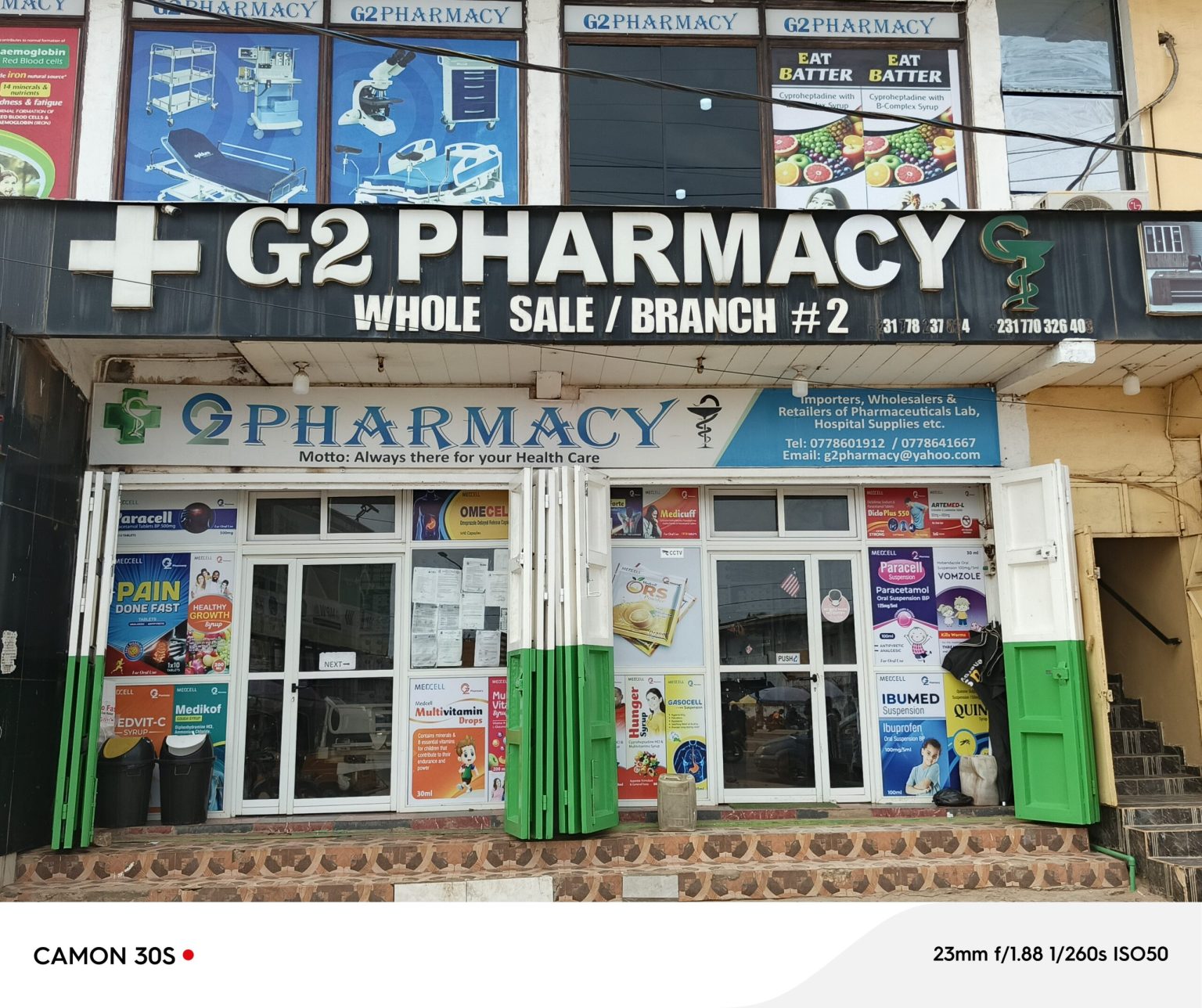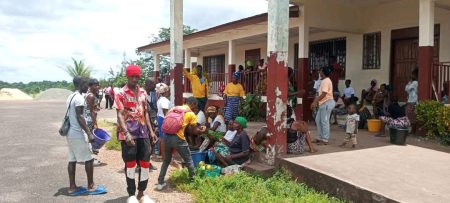The Liberian pharmaceutical landscape is under intense scrutiny following the alleged involvement of G2 Pharmacy in the importation and distribution of a banned anesthetic drug, Bupivacaine (0.5%), which is believed to have contributed to the death of a 16-year-old boy. The incident, which occurred at St. Joseph’s Catholic Hospital in January 2025, has sparked national outrage and raised serious questions about the effectiveness of regulatory oversight within the country’s pharmaceutical sector. The case has been further complicated by allegations of backroom dealings and attempts to downplay the severity of the situation, with an anonymous official quoted as saying the matter was “settled some time ago” and suggesting political motivations behind the resurfacing of the issue.
The controversy centers around G2 Pharmacy’s importation and distribution of Bupivacaine (0.5%) with non-English labeling, a direct violation of the Liberia Medicines and Health Products Regulatory Authority (LMHRA) regulations. Following a complaint lodged by the LMHRA’s Inspectorate and Pharmacovigilance Departments, an investigation was launched, culminating in a hearing before the Independent Hearing Board. The Board found G2 Pharmacy in violation of LMHRA regulations and initially imposed a hefty fine of US$118,000, calculated at US$3,500 per pack for the 236 mislabeled packs. However, this substantial penalty was later drastically and inexplicably reduced to a mere US$1,000, raising further eyebrows and fueling suspicion of potential irregularities in the handling of the case.
The case eventually reached the LMHRA Board of Directors in June 2025, several months after the initial incident and the Hearing Board’s decision. The Board, after reviewing the findings of the investigation, issued a formal resolution in July 2025, outlining key directives aimed at addressing the violations and preventing future occurrences. These directives included the immediate recall of all mislabeled Bupivacaine from the market, with G2 Pharmacy bearing the full cost of the recall. Furthermore, the Board imposed an indefinite suspension on G2 Pharmacy’s license to import medicines into Liberia, citing a violation of the LMHRA Act. This decisive action underscored the gravity of the offense and the Board’s commitment to upholding the integrity of the pharmaceutical supply chain in Liberia.
The delayed action by the LMHRA Board of Directors and the significant reduction in the fine levied against G2 Pharmacy have raised concerns about the transparency and effectiveness of the regulatory process. The initial hefty fine, subsequently reduced to a fraction of its original amount, suggests potential interference or undue influence in the decision-making process. This discrepancy, coupled with the delay in the Board’s involvement, has fueled public distrust and calls for a more thorough and independent investigation into the circumstances surrounding the boy’s death and the subsequent handling of the case against G2 Pharmacy.
The incident has highlighted systemic weaknesses within Liberia’s pharmaceutical regulatory framework, exposing vulnerabilities that could potentially compromise public health and safety. The case underscores the urgent need for strengthened regulatory oversight, stricter enforcement of existing regulations, and enhanced transparency in the handling of pharmaceutical violations. Reform efforts should focus on improving the capacity of the LMHRA to effectively monitor and regulate the importation, distribution, and labeling of pharmaceutical products, ensuring compliance with international standards and best practices.
The tragic death of the 16-year-old boy serves as a stark reminder of the potential consequences of regulatory failures within the pharmaceutical sector. It is imperative that the Liberian government take decisive action to address the shortcomings exposed by this incident and implement robust measures to prevent future tragedies. This includes strengthening the LMHRA’s capacity, enhancing transparency and accountability within the regulatory process, and fostering a culture of compliance within the pharmaceutical industry. Ultimately, the goal must be to safeguard public health and ensure the safety and efficacy of all medicines circulating within Liberia.














